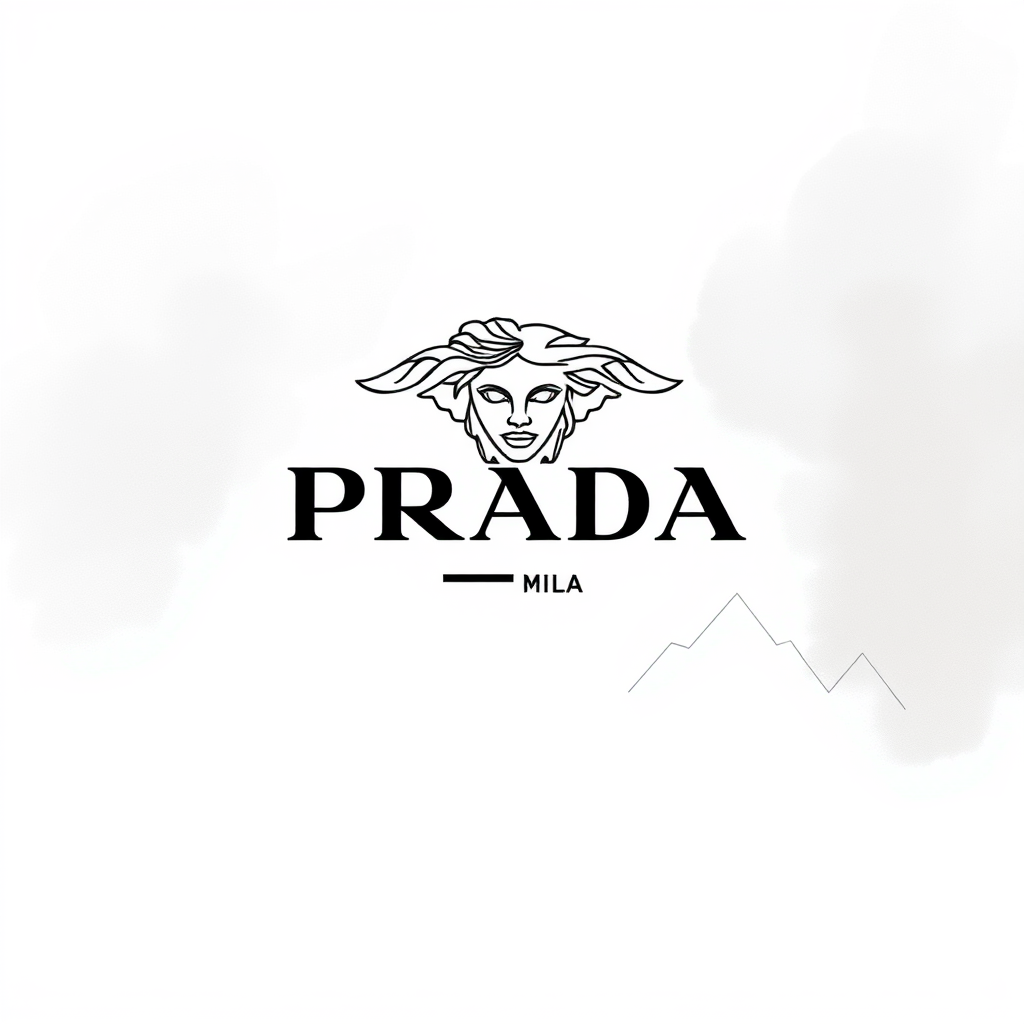Prada to Acquire Versace in $1.38B Deal

Italian luxury fashion house Prada has agreed to acquire rival Versace for 1.25 billion euros (approximately $1.38 billion), a move poised to reshape the competitive landscape of the global luxury market. The deal, announced Thursday, will unite two iconic brands and create a powerhouse with combined revenues exceeding six billion euros, better positioned to challenge industry leaders like LVMH and Kering amidst a broader slowdown in luxury goods sales.
Prada’s acquisition follows Capri Holdings’ purchase of Versace in 2018 for 1.83 billion euros. Capri initiated the sale of Versace earlier this year, spurred by declining sales at the Milan-based label, and entered exclusive negotiations with Prada in late February. The final price reflects market pressures, falling from an initially expected $1.6 billion due to factors including tariffs imposed during the Trump administration.
A significant leadership transition preceded the deal, with Donatella Versace stepping down as creative director after over three decades. She has transitioned to the role of chief brand ambassador, while Dario Vitale, known for revitalizing Prada’s sister brand Miu Miu, assumes the creative helm at Versace.
The acquisition is a bold move for Prada, which has demonstrated robust financial health, with a 25% jump in net profit to 839 million euros in 2024 and revenues up 15% to 5.4 billion euros. Andrea Guerra, Prada’s CEO, acknowledges Versace’s “huge potential” but emphasizes the need for disciplined execution and patience during the integration process. The deal will be financed through 1.5 billion euros of new debt and is expected to close in the second half of 2025.
While the stylistic contrast between Versace’s flamboyant aesthetic and Prada’s sophisticated minimalism is stark, Prada intends to leverage its industrial capabilities and retail expertise to reinvigorate the Versace brand while preserving its unique creative DNA.
This acquisition is particularly noteworthy as it reverses a recent trend of Italian luxury brands falling under French ownership, such as Gucci, Fendi, and Bottega Veneta. However, Prada’s past attempts at portfolio expansion, including acquisitions of Jil Sander and Helmut Lang, which were later divested, and a short-lived partnership with Fendi, serve as cautionary tales.
Analysts suggest that while the deal offers a significant opportunity to revitalize Versace, Prada must remain focused on its core business to avoid the pitfalls of overextension. The success of this venture will hinge on Prada’s ability to seamlessly integrate Versace’s creative vision with its operational strengths, ultimately restoring the brand to its former glory and solidifying its position in the competitive luxury market. It’s a high-stakes gamble, but one that could redefine the future of Italian fashion.